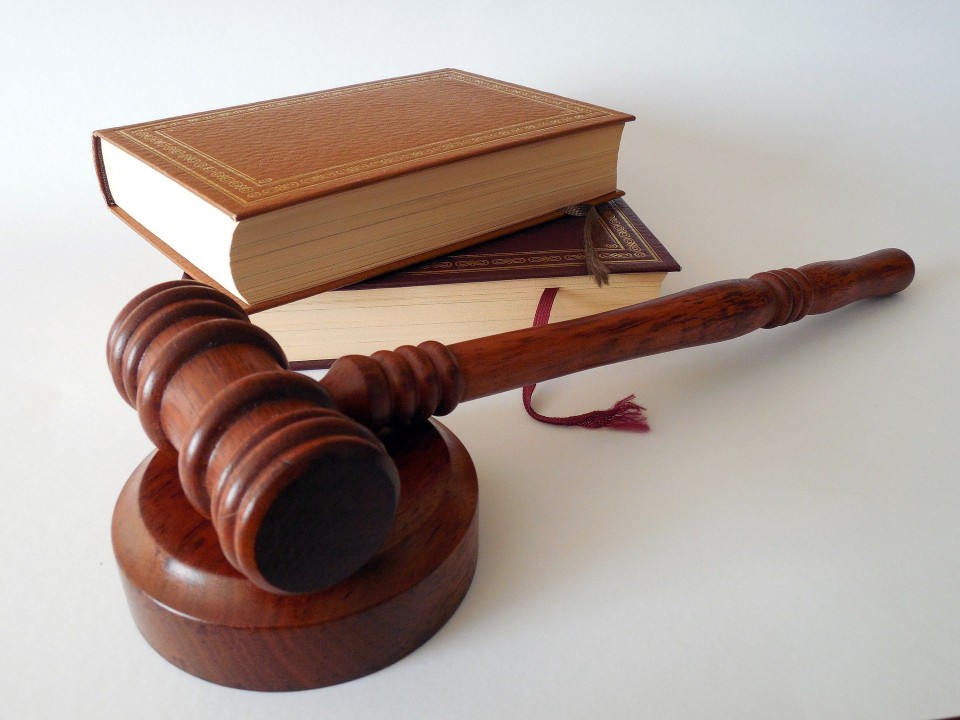
A "substantial evidence" appeal is among the toughest to reverse. That is when the challenge to the judgment is based on one of the trial court's factual findings. An appellate court will almost never disturb a trial court's finding on a factual question. To get a reversal, you have to show there is literally no evidence, or the functional equivalent.
But the appellant managed it in Mulberg v. Amster (D1 Jul. 14, 2021) no. A158954 (nonpub. opn.).
The appellant, an attorney, was hired by Amster to help her collect her anticipated inheritance from a trust. The appellant went on to serve as trustee for the trust. The appellant dipped too freely in the trust corpus for his trustee fees, for which he was surcharged.
While he was helping himself, the appellant also took trust money to pay his attorney fees owed by Amster personally. He got surcharged for that, too. All the was raised in a prior appeal and affirmed.
But wait, the attorney-appellant argued: Even if I can't make the trust pay the fees my client owes me, my client still owes the fees. So the appellant sued his client for the $62,000 she owed him. The trial court disagreed, ruling the debt was not "somehow resurrected" by the surcharge order.
Besides, the invoices showed the fees had been paid in full. That ought to be enough to withstand a substantial-evidence challenge, right?
Wrong, held the First District Court of Appeal. Whether "resurrected" was the right word for what had happened to the fee obligation after the surcharge order, the fee obligation owed by the client clearly were no longer satisfied.
But what about the invoices showing the fees had been paid in full? Meh, the court held: "[A]s we have determined, no substantial evidence supports the finding that Amster satisfied her contractual obligation to pay Mulberg for the $62,820 in attorney fees she incurred in her individual capacity."
Normally, substantial-evidence review is not as glib as this. But the court thought it was a close question whether the appropriate standard of review was substantial evidence or de novo, given the operative facts were undisputed. The court concluded the ruling could not be sustained under either standard. But the short shrift given the trial court's order is more indicative of de novo review than substantial evidence.
The upshot: If you can frame your appeal of factual findings as arising from undisputed facts, this may improve your chances of success. (Of course, if there are disputed facts that support the judgment, you still must deal with those.)
Tim Kowal helps trial attorneys and clients win their cases and avoid error on appeal. He co-hosts the Cal. Appellate Law Podcast at www.CALPodcast.com, and publishes a newsletter of appellate tips for trial attorneys at www.tvalaw.com/articles. His appellate practice covers all of California's appellate districts and throughout the Ninth Circuit, with appellate attorneys in offices in Orange County and Monterey County. Contact Tim at tkowal@tvalaw.com or (714) 641-1232.